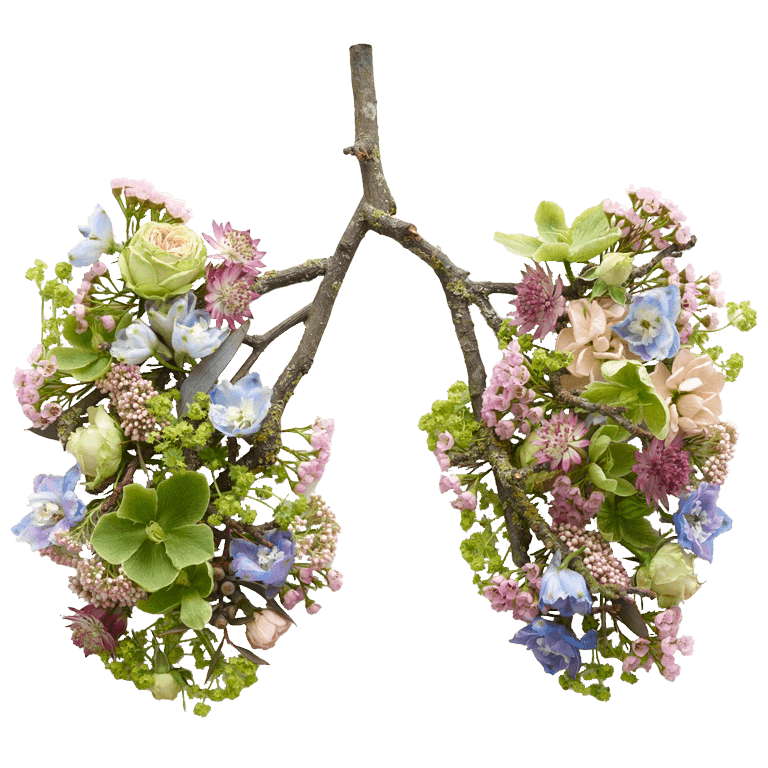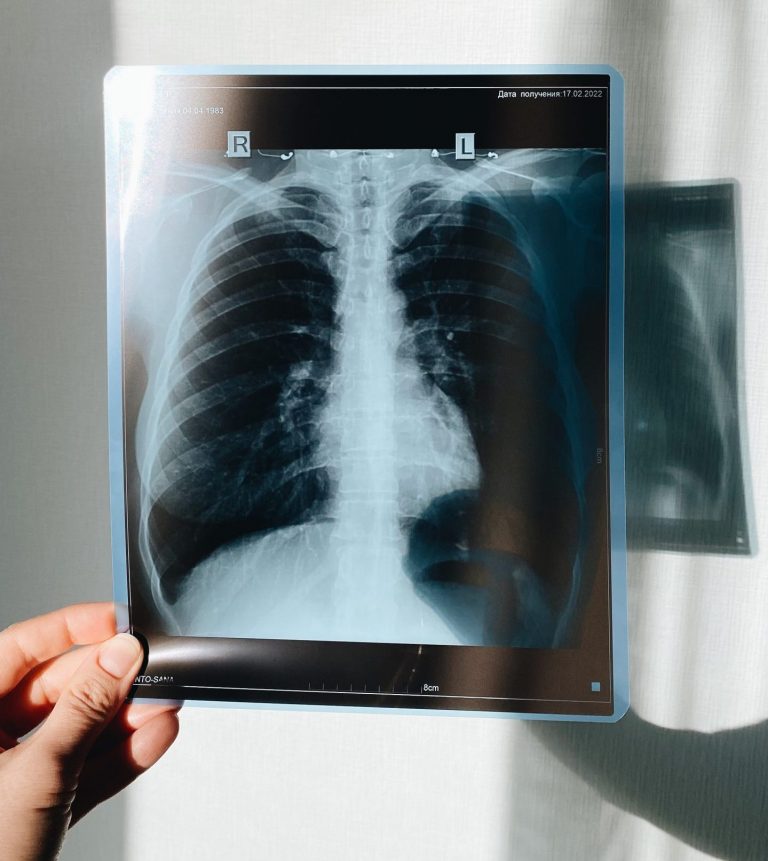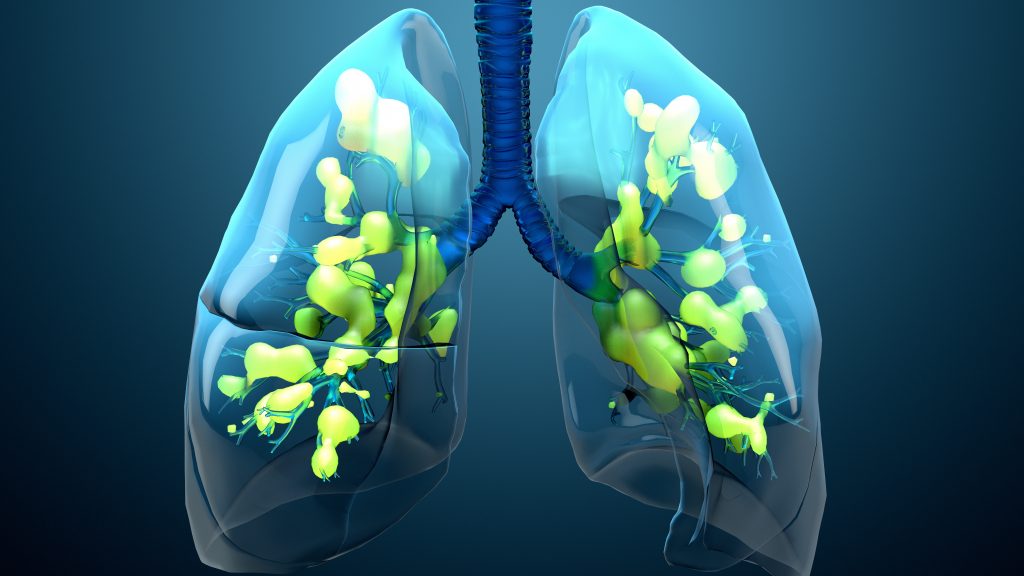








Acute Respiratory Distress System (ARDS), previously known as wet lung, is a life-threatening medical condition that affects the lungs. ARDS can occur after a serious injury, such as a car accident, or as a complication of another illness, such as pneumonia, sepsis, or COVID-19. In ARDS, the lungs become inflamed and filled with fluid. This makes it difficult for the lungs to take in oxygen and get rid of carbon dioxide. ARDS is a medical emergency and requires immediate treatment.








A treatment plan may include oxygen, fluid management, and medication. An oxygen-based treatment plan may include continuous positive airway pressure (CPAP), oxygen therapy, tracheal intubation, or mechanical ventilation to provide relief from symptoms of ARDS.
Many ARDS patients will require oxygen therapy on a long-term basis. However, with time and patience, most people will eventually be weaned off of oxygen and regain most of their lung function. There are many things patients can do to help speed up this process, including exercising regularly, following a healthy diet, and quitting smoking both traditional tobacco and e-cigarettes.


Treatment is improving and more people are surviving ARDS now than in the past

ARDS causes fluid to leak into the lungs, making it difficult to get oxygen into the bloodstream

Many people who get ARDS are already in the hospital due to an infection or a trauma

Acute respiratory distress syndrome (ARDS) occurs when our lungs are severely injured, often by infection or trauma

Early diagnosis and treatment are key in preventing ARDS from getting worse. Certain risk factors increase the likelihood of the development of ARDS in people who have been diagnosed with COVID-19, including advanced age, diabetes, and high blood pressure. If you have any of these risk factors, it is important to seek medical attention if you develop flu-like symptoms.
ARDS diagnosis is based on a physical examination by using x-rays and monitoring oxygen levels. If ARDS is suspected, your doctor may order other tests to help confirm the diagnosis, such as additional chest X-rays, blood tests, or a CT scan, to rule out other conditions or diseases that can produce similar symptoms. Once ARDS is confirmed, your doctor will develop a treatment plan tailored to your individual needs
Acute Respiratory Distress System (ARDS), previously known as wet lung, is a life-threatening medical condition that affects the lungs. ARDS can occur after a serious injury, such as a car accident, or as a complication of another illness, such as pneumonia, sepsis, or COVID-19.
Symptoms of ARDS can vary, but typically include severe shortness of breath, labored and usually rapid breathing, low blood pressure, confusion, and/or extreme tiredness. If you are experiencing any of these symptoms, it is important to seek medical attention as soon as possible. Early diagnosis and treatment are essential for the best possible outcome.
We accept most PPO and Medicare insurance plans. We recommend you contact your insurance plan to insure we are in-network.